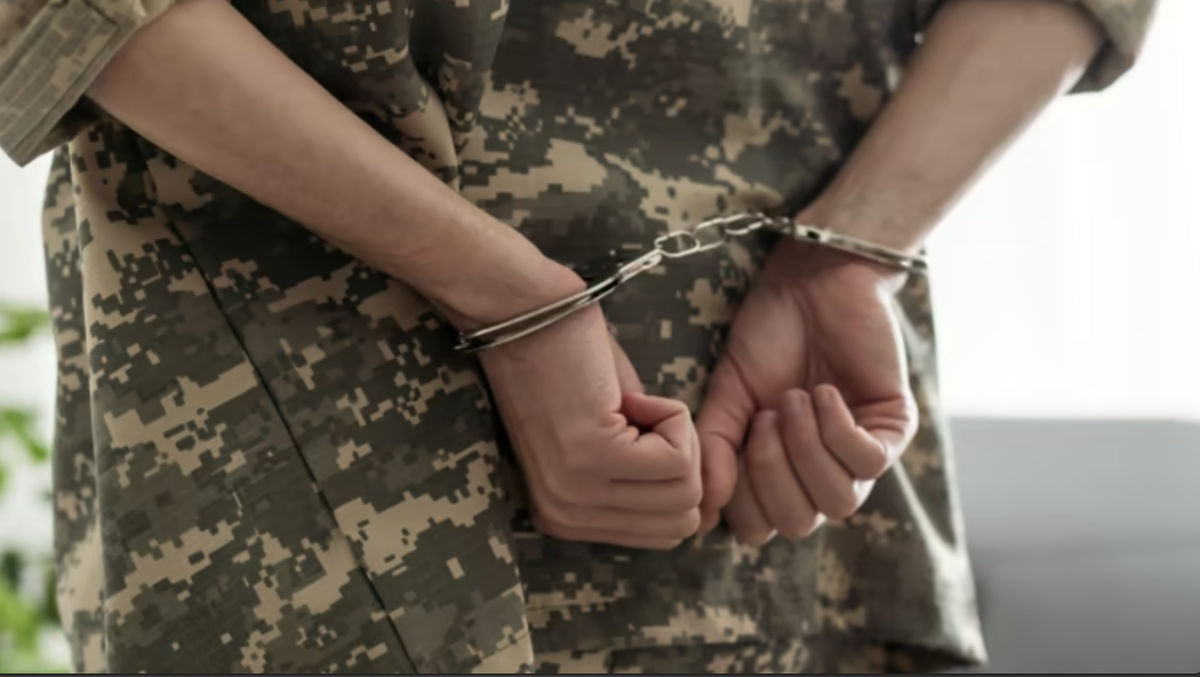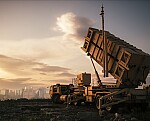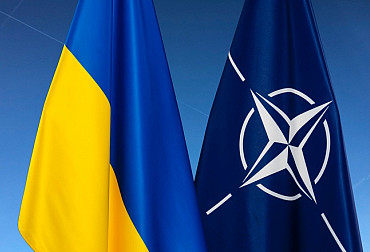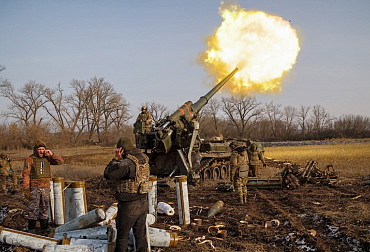Russian court sentences Ukrainian soldiers over attack in Kursk Region
In a landmark ruling, a Russian military court has sentenced two Ukrainian soldiers to lengthy prison terms for their involvement in an operation conducted by the Ukrainian army in the Kursk region. This marks the first instance of Ukrainian soldiers being convicted by a Russian court for actions associated with the ongoing conflict between the two nations. Russian media widely reported the verdict, which has drawn significant attention on both sides of the border.

The Incident and Charges
The Ukrainian soldiers, identified as Vitaliy Panchenko and Ivan Dmytrakov, members of the 61st Independent Mechanized Brigade of the Ukrainian Armed Forces, were convicted on charges of terrorism. The court handed Panchenko a 14-year sentence and Dmytrakov 15 years. Russian investigators alleged that the two soldiers unlawfully crossed into Russian territory and participated in an attack on the town of Sudzha in the Kursk region. The prosecution also accused them of assisting in maintaining Ukrainian control over parts of the region during the operation.
The soldiers were further accused of intimidating and terrorizing the local population, as well as firing on Russian military personnel and civilians. Panchenko was implicated in the transportation of 11 Russian conscripts and three civilians into Ukraine’s Sumy region. Both men were captured by Russian security forces and subsequently brought to trial.
Context of the Kursk Offensive
In August, the Ukrainian army launched a surprise incursion into the Kursk region, seizing control of hundreds of square kilometers of Russian territory. While Russia managed to reclaim some areas, including the village of Novoivanovka, the operation marked a significant escalation in the conflict. This was the first incursion by foreign troops into Russian territory since World War II, highlighting the intensifying nature of the Ukraine-Russia war.
The offensive also drew international attention, with reports suggesting that North Korean soldiers were assisting Russian forces in the Kursk region. These claims have added another layer of complexity to an already volatile situation, emphasizing the global ramifications of the conflict.
Ukrainian Response and Parallel Developments
On the Ukrainian side, the judiciary has also been active in issuing judgments against Russian figures. A Ukrainian court, in absentia, sentenced Vyacheslav Volodin, the Speaker of Russia’s State Duma, to 15 years in prison for undermining Ukraine’s territorial integrity. Ukraine’s Security Service (SBU) announced the verdict, which includes the confiscation of Volodin’s assets. The charges stem from his role in orchestrating parliamentary proceedings that supported the recognition of separatist “people’s republics” in Donbas as independent entities in the lead-up to Russia’s invasion of Ukraine in February 2022.
This verdict is part of a broader campaign by Ukraine to hold Russian officials accountable. The SBU has accused 418 Russian lawmakers of similar offenses, with over 50 already convicted in absentia. Ukrainian media have described Volodin as a trusted confidant of Russian President Vladimir Putin and a key player in planning the invasion.
Historical Significance and Implications
The Ukrainian incursion into Kursk and the subsequent legal actions on both sides underscore the deepening animosity and legal entanglements arising from the conflict. For Russia, the trial and conviction of Ukrainian soldiers serve as a demonstration of its resolve to protect its territory and punish what it deems acts of terrorism. For Ukraine, the sentencing of Volodin and other Russian officials represents an effort to assert its sovereignty and seek accountability for what it views as illegal acts of aggression.
The conflict continues to evolve, with both sides leveraging military actions and judicial processes to advance their narratives and strategic goals. As international observers watch closely, these developments highlight the enduring and multifaceted nature of the Ukraine-Russia war, with no clear resolution in sight.










